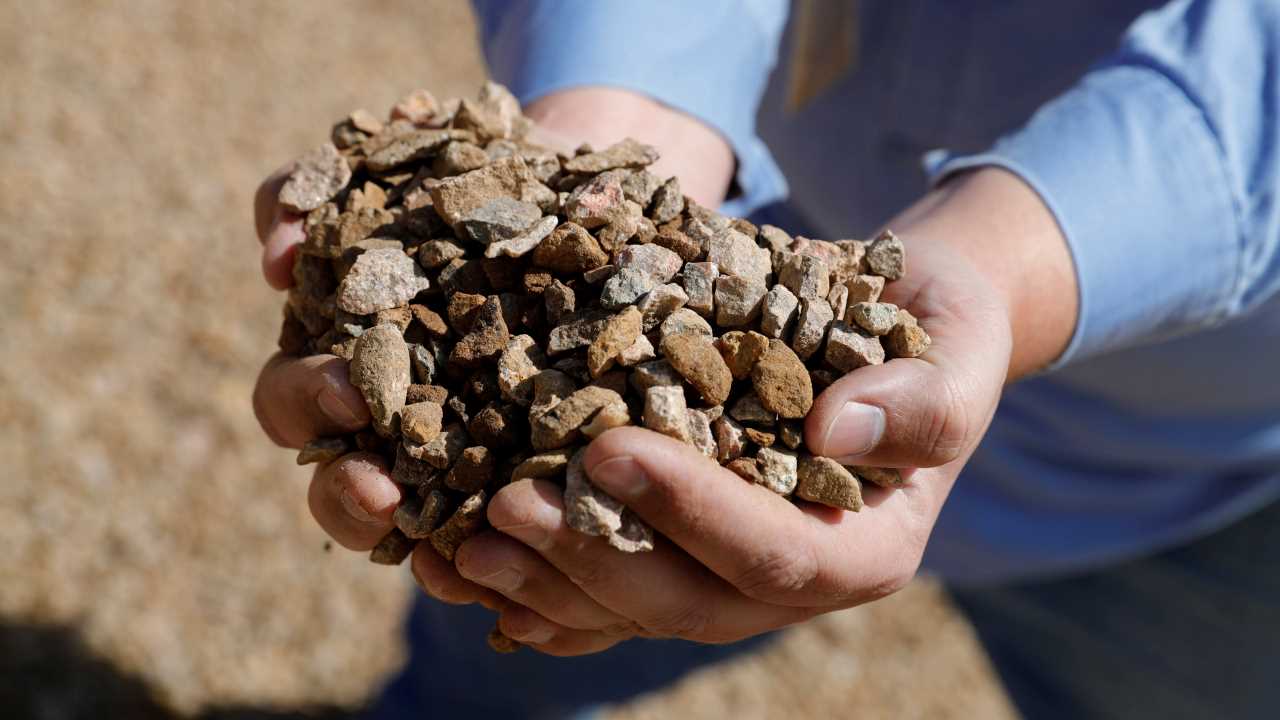While global refining centers are downsizing as energy transition progresses at an unpredictable pace, India’s rising daily crude utilization means it will rely on fossil fuels until at least 2040, Puri said at the sidelines of a refining conference in Bengaluru.
“Our existing refineries will increase in terms of capacity and they will also become regional hubs in terms of providing to other countries,” Puri said.
India, the world’s third-largest emitter of greenhouse gases, has pledged to achieve a net zero carbon emission target by 2070. It has a target of 500 gigawatts (GW) of renewable energy by 2030.
Puri reiterated that India is looking to scale its refining capacity by 81% to as much as 450 metric tonne per annum (mtpa), from about 249 mtpa, or about 5 million barrels per day (bpd), currently. He did not provide a timeline.
The minister said there are “robust discussions” among state-owned and private refiners to scale beyond 310 mtpa, which might be achieved even before the targeted 2028.
Smaller refineries will no longer be economically viable, Puri said.
Bharat Petroleum Corp Ltd (BPCL) is exploring building a new 180,000-300,000 bpd oil refinery in southern Andhra Pradesh state or northern Uttar Pradesh state.
Meanwhile, Hindustan Petroleum Corp Ltd (HPCL) is expected to start operations at its 180,000 bpd Barmer refinery in the desert state of Rajasthan late this year or early next year.

